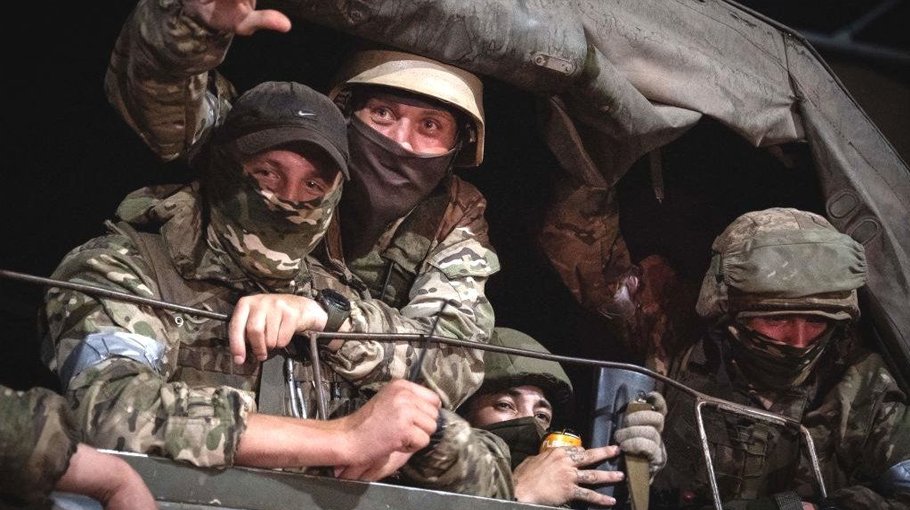Wagner head rejects Russia’s army

Wagner mercenary group head Yevgeniy Prigozhin has rejected an offer to his fighters to serve as a unit in Russia's army, President Vladimir Putin says.
He told Kommersant newspaper that many group commanders had backed the plan to be led by a senior Wagner figure during recent talks in Moscow.
He said Prigozhin's reply was "the guys do not agree with this decision".
The talks were held just days after Wagner's aborted mutiny on 23-24 June that challenged Mr Putin's authority.
Under the deal that ended the short-lived rebellion, the mercenaries were told they could join the regular Russian army or head to Belarus, a close ally of Russia. Wagner has fought some of the bloodiest battles since Russia launched its full-scale invasion of Ukraine in February 2022.
However, the US military now assesses that the group is no longer "participating in any significant capacity in support of combat operations in Ukraine".
The comments were made on Thursday by Pentagon spokesman Pat Ryder, who also said that "the majority" of Wagner fighters were believed to still be in areas of Russian-occupied Ukraine.
What is Russia's Wagner mercenary group?
Stranger than fiction: When Putin met the mutineer In his Thursday's interview with Kommersant business daily, President Putin said that 35 Wagner commanders, including Prigozhin, had been present at the Kremlin meeting on 29 June.
Mr Putin said he had offered them several "employment options", including continued service under the command of a senior Wagner commander known by his nom de guerre Sedoi - Grey Hair. "Many [Wagner fighters] were nodding when I was saying this," Mr Putin said.
"And Prigozhin, who was sitting in front and didn't see all this, said after listening: 'No, the guys do not agree with this decision,'" the president added.
He also said that "Wagner does not exist" when asked whether the group would be preserved as a fighting unit. "There is no law on private military organisations. It just doesn't exist."
This "difficult issue" of how to legalise Wagner fighters should be discussed in parliament, Mr Putin suggested.
The Kremlin appears to want to differentiate between the Wagner chief and regular Wagner fighters, driving a wedge between them, says the BBC's Russia editor Steve Rosenberg in Moscow.
He adds that this would explain the attempts in Russia's state media to discredit Prigozhin.
The current whereabouts of Prigozhin, a former Putin loyalist, are unknown.



